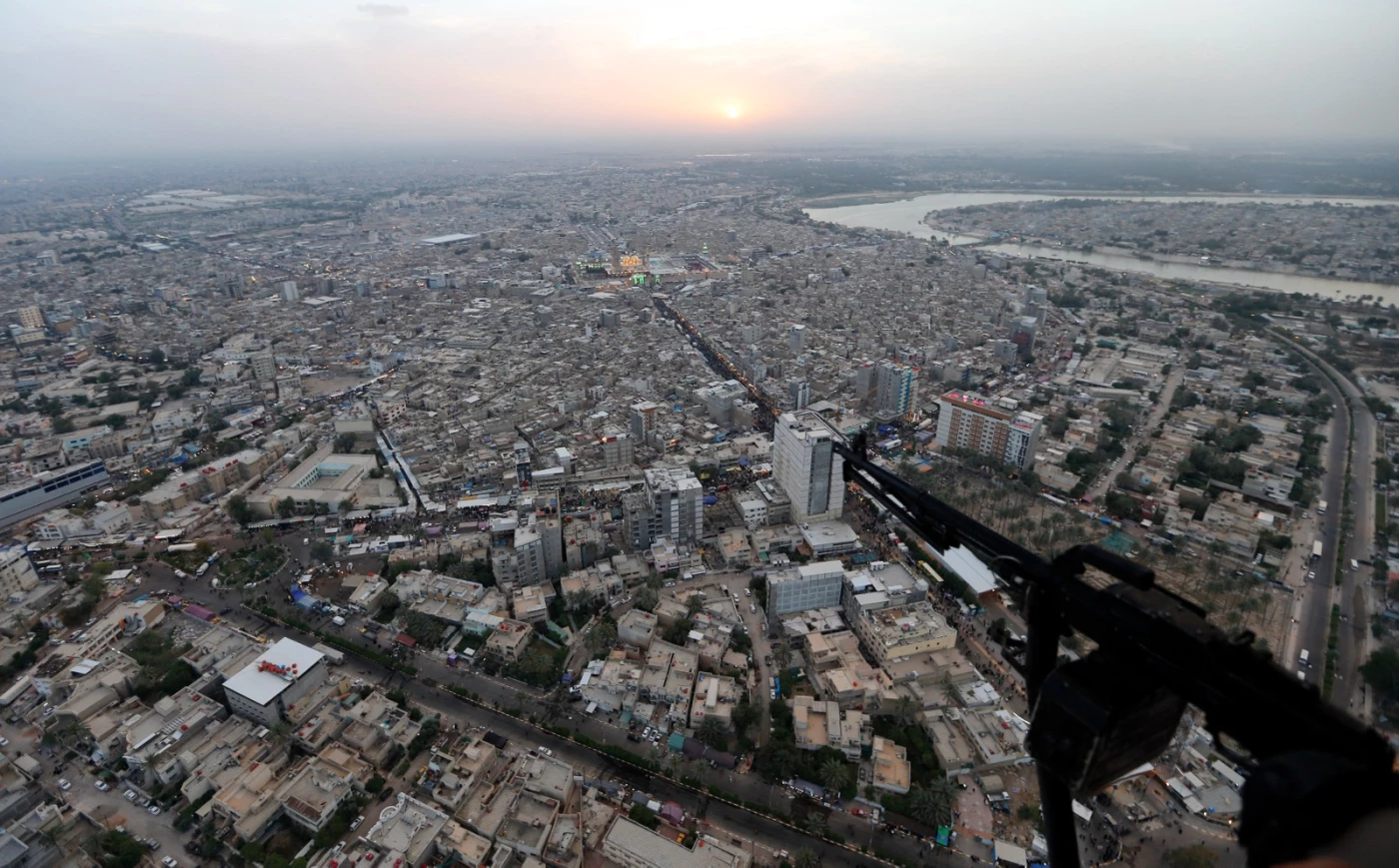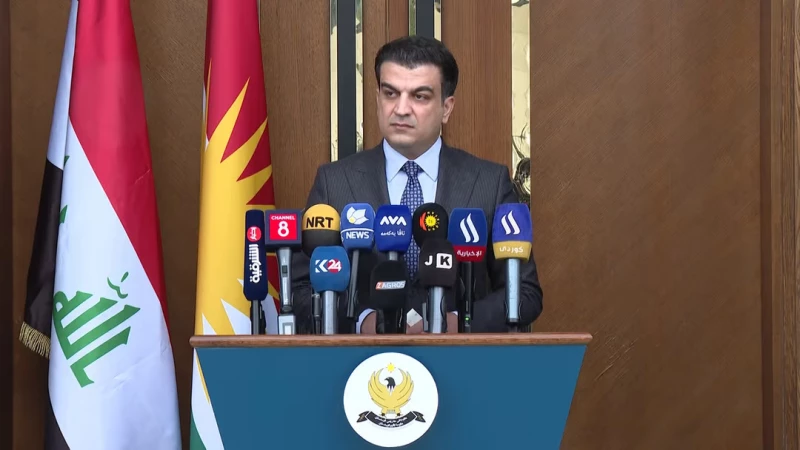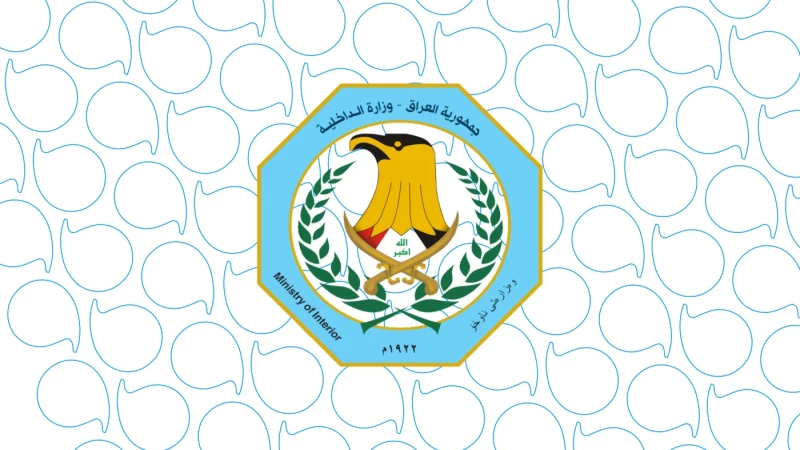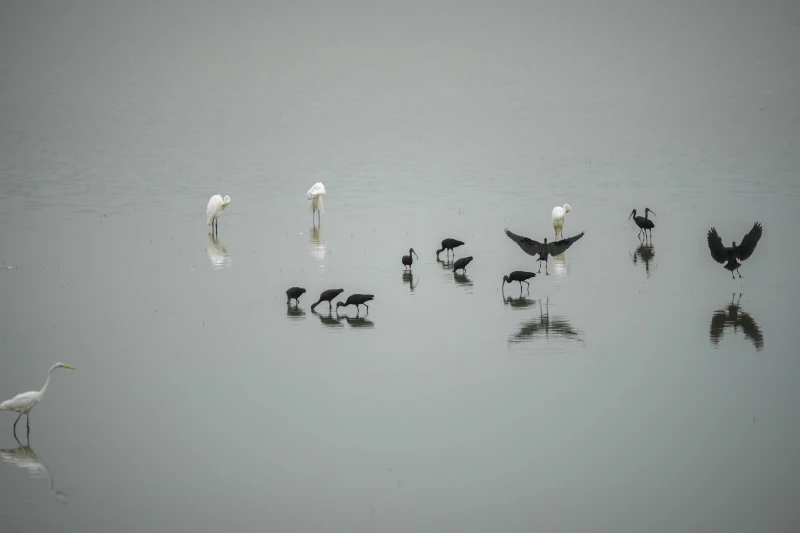ERBIL, Kurdistan Region of Iraq – Authorities in Baghdad announced on Wednesday that they had begun the “Baghdad Plants” project, aiming to enhance green space in the capital city with one million trees.
“The campaign began today in the Al-Ghadeer area, covering an area of 2.5 dunams, and will expand tomorrow to include all municipalities in the capital,” Mohammed al-Rubaie, Baghdad Mayorality’s media officer, told the state media.
The project is aimed at “increasing green spaces in the capital.”
Rubaie added that the campaign was initially scheduled to launch two weeks ago. However, it was postponed due to rain and the Islamic holy month of Ramadan.
The campaign will continue until mid-May to achieve the “greatest possible coverage” of green spaces in Baghdad.
In 2022, Iraq was ranked the second-worst out of 118 countries assessed in terms of air quality, according to UNICEF.
Pollution levels of PM2.5, a dangerous particulate matter, have soared to around 35 micrograms per cubic meter in Baghdad at the time of this writing, far exceeding the World Health Organization’s recommended limit of five micrograms per cubic meter, according to IQAir’s real-time air quality report.
The UN has listed Iraq as one of the most vulnerable countries to the effects of climate change.
Volker Turk, the UN’s High Commissioner for Human Rights, said in 2023 that Iraq was facing “a human rights emergency” because of the effects of climate change, describing what he witnessed during a visit to Basra as “a small piece of the environmental horror.”
Bulldozing, a major drive behind environmental degradation in Iraq, converts agricultural lands into residential plots and commercial complexes, significantly reducing green spaces.



 Facebook
Facebook
 LinkedIn
LinkedIn
 Telegram
Telegram
 X
X


